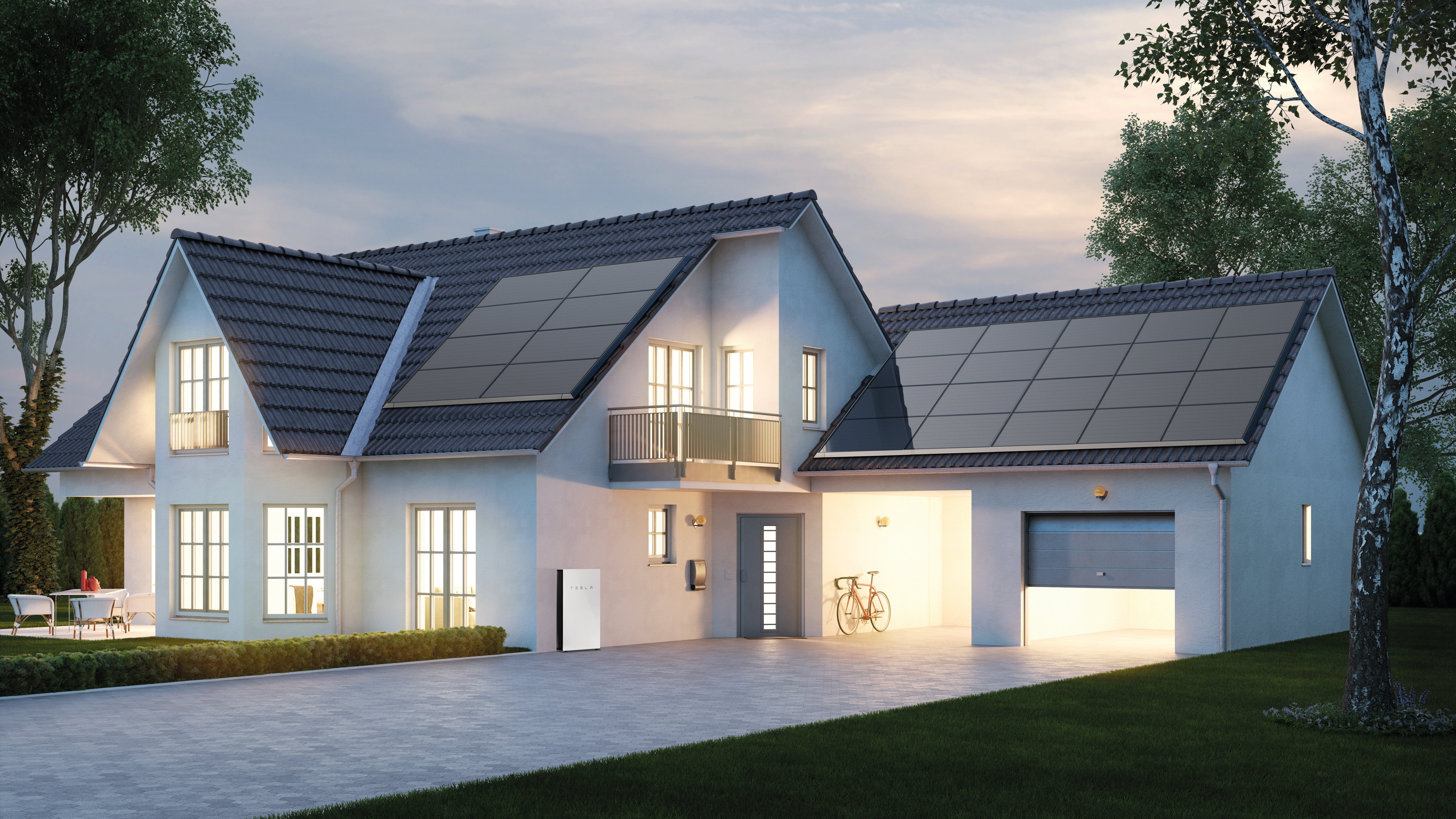
Generating your own electricity and gaining independence from the grid is the new movement. For the first time, energy storage technologies are beginning to make it possible for homes. Coupled with your solar system, battery storage gives you greater control over your energy usage, particularly when to or not to pull from the grid. With this approach, you will enjoy fixed rates, lower bills, and get the most out of your solar investment.
What is energy storage?
Energy storage technologies capture any surplus power your solar panels generate and store it in batteries for use at a later date. In this way, you will never waste the energy your panels produce, where it goes back to the grid. Instead, you can simply save and keep it to use at another time.
How it benefits you?
Energy storage provides you with your own power bank, giving you tremendous control and foresight over your energy consumption. For example, you might choose to use your stored power when electricity prices increase or when there's a power outage. Here are a few key benefits:
- Round-the-clock power
Solar panels generate the most power when the sun shines. But at night, or on a cloudy day, the output can reduce or stop altogether. Through a battery, you are able to store any electricity you don't use, so you can later tap into it at night or when it's cloudy. Thus, you can ensure all the power produced from your panels is used and never wasted.
- Increased energy security
Storing surplus solar power makes you less reliant on the grid, which is particularly valuable in regions that suffer regular brownouts or blackouts. Instead of being in the dark, you can simply draw energy from your battery to keep the lights on or the fridge powered during brownouts or blackouts.
- Greater energy independence
Battery storage takes you one step closer to energy independence, helping to shield you from volatile energy prices by providing you with your own source of power that can be used any time of the day, even when the sun isn't shining. This helps you gain greater predictability over your costs and reduce your dependence on utilities.
- Save money
Energy storage can shave money off your electric bills, as you'll be consuming less from the grid. What's more, you can hedge against fluctuating energy prices by opting to use your stored power specifically at peak times when rates increase. For example, energy prices are typically highest during weekday afternoons and evenings, so this is a great time to use stored power.
- Better for the planet
Most of the electricity you get from the grid is derived from coal-fired power plants and other fossil fuels, which pollute the environment. By storing your own solar power, you can ensure you're using as much renewable power as possible.
- Cut energy waste
It's nearly impossible to use every kilowatt-hour of your solar energy at the time it's produced. Battery storage means you don't have to. Instead, you can store it for another time, ensuring you really get the most from your solar investment.
Now is the best time to invest
Batteries literally put the power in your hands by giving you greater visibility and control over your energy usage and costs. As a long-term investment, they can really help you to hedge against rising energy prices so you can better forecast your bills and ensure a consistent electricity supply even when the grid fails.
What's more, in 2020, you can take advantage of the federal Investment Tax Credit (ITC), which saves you 26 percent of the costs of your solar and storage system from your taxes - so there's never been a better time to invest in your power dream. Interested in battery storage solutions for your home? Learn more about our battery storage solution. For more insights on battery storage and renewable energy options, check out Powering Your Future blog.
